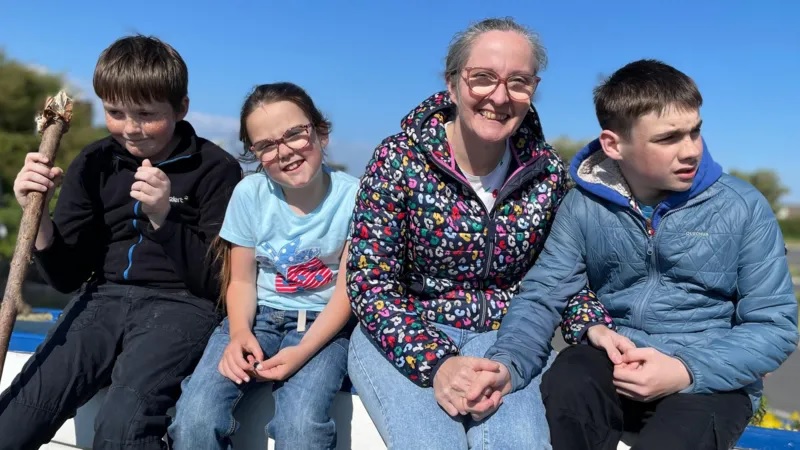Oran Knowlson, a teenager from Somerset, has made medical history as the first patient worldwide to trial a groundbreaking device implanted in his skull to control severe epilepsy. Diagnosed with Lennox-Gastaut syndrome—a treatment-resistant form of epilepsy—at the age of three, Oran endured daily seizures, ranging from dozens to hundreds. The neurostimulator, inserted deep into his brain, emits electrical signals that have reduced his daytime seizures by 80%.
The Picostim neurotransmitter
Developed by consultant pediatric neurosurgeon Martin Tisdall and his team at Great Ormond Street Hospital in London, this eight-hour procedure marks a turning point for epilepsy patients worldwide. The Picostim neurotransmitter, developed by UK-based company Amber Therapeutics, once surgically implanted deep within his brain, emits electrical signals to disrupt abnormal bursts of activity triggering seizures.
The Eight-Hour Surgery
The procedure involved inserting two electrodes into Oran’s brain, precisely targeting the thalamus—a key relay station for neuronal information. The neurostimulator, a compact device placed in a gap in Oran’s skull, anchors securely to the surrounding bone. Deep brain stimulation, previously attempted for childhood epilepsy, now achieves remarkable results with this groundbreaking approach.
Oran’s Recovery
After undergoing the groundbreaking Picostim neurotransmitter surgery, Oran Knowlson faces a crucial recovery phase. His energy levels may be low, and he’ll need assistance with daily tasks. Pain management is essential, especially after open chest surgery. Gradually, he’ll reintroduce activities, focusing on walking and rehabilitation. Wound healing time varies based on the procedure. Regular follow-up visits will monitor his progress, ensuring a successful path to improved health.
Transforming Epilepsy Management
Epileptic seizures, driven by neurochemical changes, hinge on an intricate balance between excitatory glutamate and inhibitory γ-aminobutyric acid (GABA) systems. Dysfunction in these neurotransmitter pathways can lead to irreversible neuronal damage. Recent research highlights the role of nicotinic acetylcholine receptors and the dopamine-norepinephrine-epinephrine cycle in epilepsy pathogenesis. Understanding these mechanisms could revolutionize treatment strategies.
Reference: BBC News

